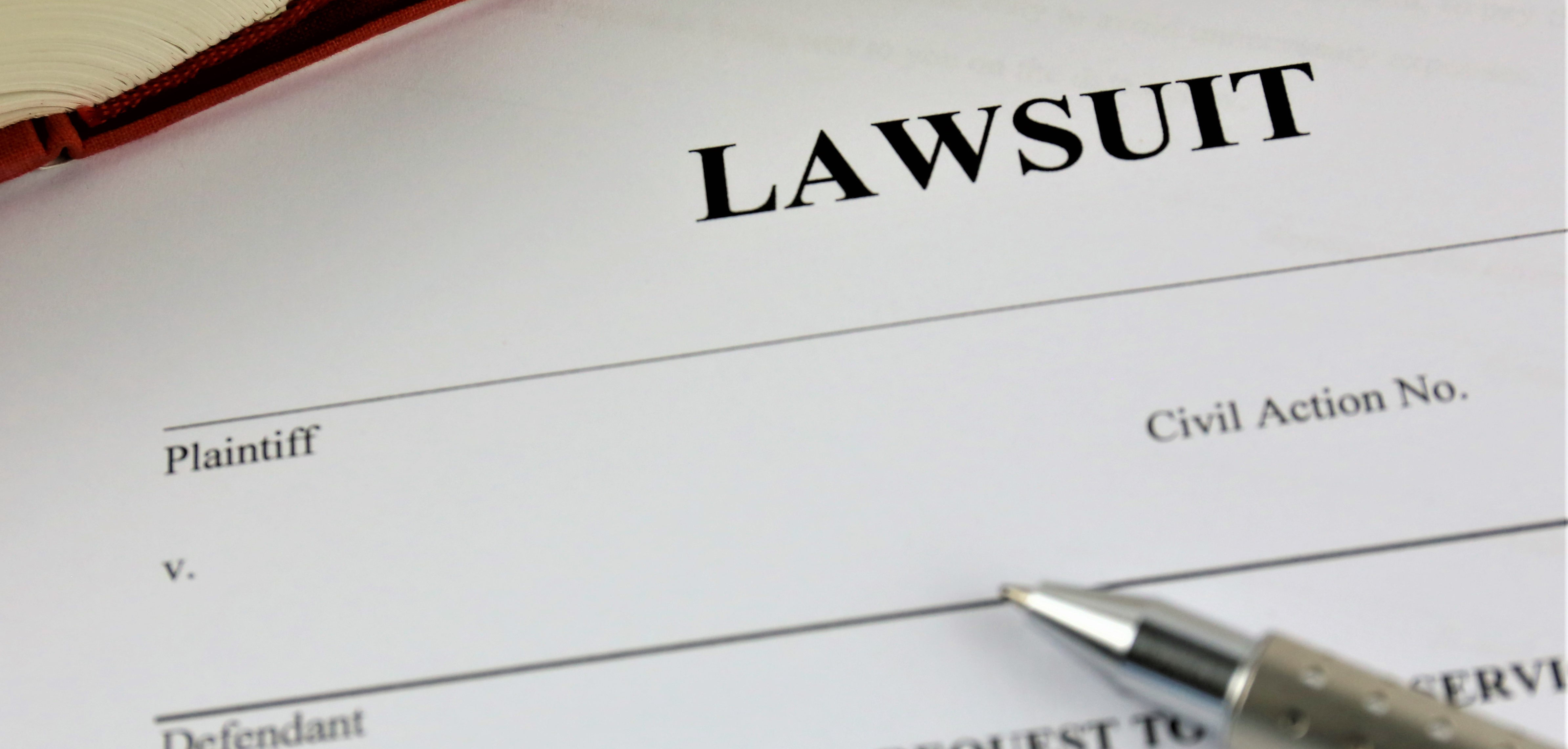
At some point in life, you might be asked to sign a mandatory arbitration agreement. This legal contract waives your right to a fair jury trial, compelling you to go through arbitration proceedings to resolve a dispute instead. Arbitration is typically forced in cases of sexual assault and harassment, particularly in the workplace.
Employees are less likely to win private arbitration cases and tend to receive far less compensation than they would in court when they win behind closed doors. Considering some 60 million Americans—including half of all non-unionized workers—have signed these contracts in the workplace alone, legislation banning mandatory arbitration agreements would be a huge milestone.
In this article, you’ll learn about the FAIR Act, what it could mean for victims of sexual harassment and assault in the workplace if passed, what California is doing to limit secretive arbitrations, and what you can do if you want to take legal action against an employer.
What is the FAIR Act?
If signed into law, the Forced Arbitration Injustice Repeal Act (FAIR Act) would ban forced arbitration agreements in all antitrust, civil rights, consumer, and employment cases in America. Arbitration could still be chosen as a method for resolving a dispute, but the right to go to court would remain on the table. At the federal level, the bill was introduced as H.R. 1423 (passed on September 20, 2019) and as S-610 (currently pending in the senate).
In response to outrage over the prominent role forced arbitration agreements played in the incidents involving Harvey Weinstein, California Governor Gavin Newsom signed a similar bill—Assembly Bill 51 (AB 51), which would’ve gone into effect on January 1, 2020, but was halted by a federal judge before implementation. The bill was met with fierce opposition from the U.S. Chamber of Commerce and other business groups such as the California Chamber of Commerce, the National Retail Federation, and the National Association of Security Companies. They argued that arbitration is a more efficient and affordable method for companies to resolve disputes and that the language of the statute violates federal law and Supreme Court decisions.
U.S. District Judge Kimberly Mueller agreed with the points made by the Chambers of Commerce and said that the “plaintiffs have raised serious questions regarding whether the challenged statute is preempted by the Federal Arbitration Act.” Further, Judge Mueller pointed out that “allowing the statute to take effect even briefly, if it is preempted, will cause disruption in the making of employment contracts, particularly given the criminal penalties to which violators of the law may be exposed.”
As of February 2020, California AB 51’s ban on mandatory employment arbitration remains stayed as challengers asked the court for a preliminary injunction to continue the stay pending the outcome of the lawsuit. Until a decision is made, it remains lawful for employers to require applicants and employees to sign employment arbitration agreements.
Can I Sue My Employer for Workplace Sexual Assault or Harassment?
Change through the legislative bodies can be a slow-going process, but all hope is not lost. Many California companies have already taken their own initiative to end the practice of forced arbitration. Facebook ended forced arbitration agreements in November 2018. Google ended forced arbitration in March 2019 after employees staged a walkout demonstration. Workers similarly protested Riot Games’ forced arbitration policies, causing the company to pledge a transformation of culture and allow an opt-out for individual sexual harassment and assault claims. In February 2020, Wells Fargo became the latest company to jump on the bandwagon in a commitment to their “zero-tolerance policy on sexual harassment.”
Additionally, there is some leniency within the courts, even if an arbitration agreement has been signed. The State of California has long held that legally-binding contracts should be substantively “conscionable.” When an agreement or arbitration proceeding is so one-sided it shakes the conscience, the courts may uphold your right to sue the employer for workplace sexual assault or harassment. The California Supreme Court will assess: Were the arbitrators neutral? Did the proceedings allow for more than minimal discovery? Was there a written decision by the arbitrator? Are all types of relief available? Did the parties have to pay unreasonable costs?
A consultation with a knowledgeable civil attorney can help determine whether an arbitration agreement infringes upon your rights and whether it is enforceable.
Learn How the FAIR Act Could Impact Arbitration in California
Lewis & Llewellyn is a boutique San Francisco law firm specializing in sexual assault and harassment cases. Prior to our work in this niche, we represented plaintiffs and defendants in highly complex employment disputes. Our in-depth knowledge of business law, combined with our passion to help survivors of sexual assault, has led to substantial victories against well-heeled defendants like corporations and school districts.
DISCLAIMER: The information in this blog is provided for general informational purposes only, and may not reflect the current law in your jurisdiction. No information contained in this blog or on this website should be construed as legal advice from Lewis & Llewellyn LLP. Neither your receipt of information from this website, nor your use of this website to contact Lewis & Llewellyn LLP creates an attorney-client relationship between you and the firm or any of its lawyers. No reader of this website should act or refrain from acting on the basis of any information included in, or accessible through, this website without seeking the appropriate legal advice on the particular facts and circumstances at issue from a lawyer licensed in the recipient’s jurisdiction.











